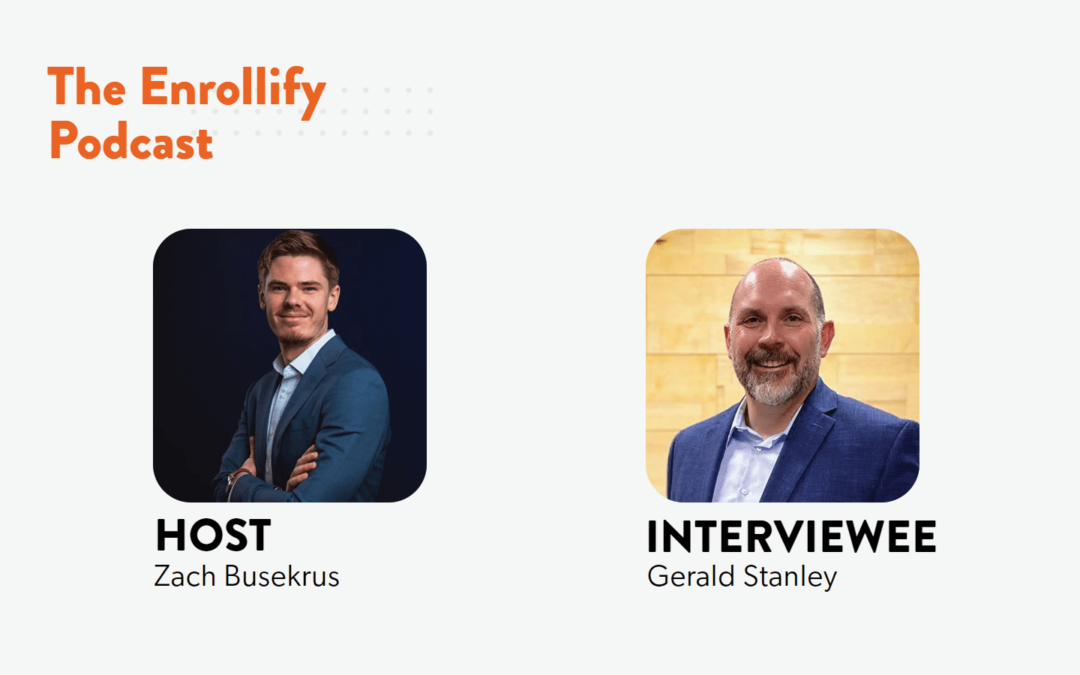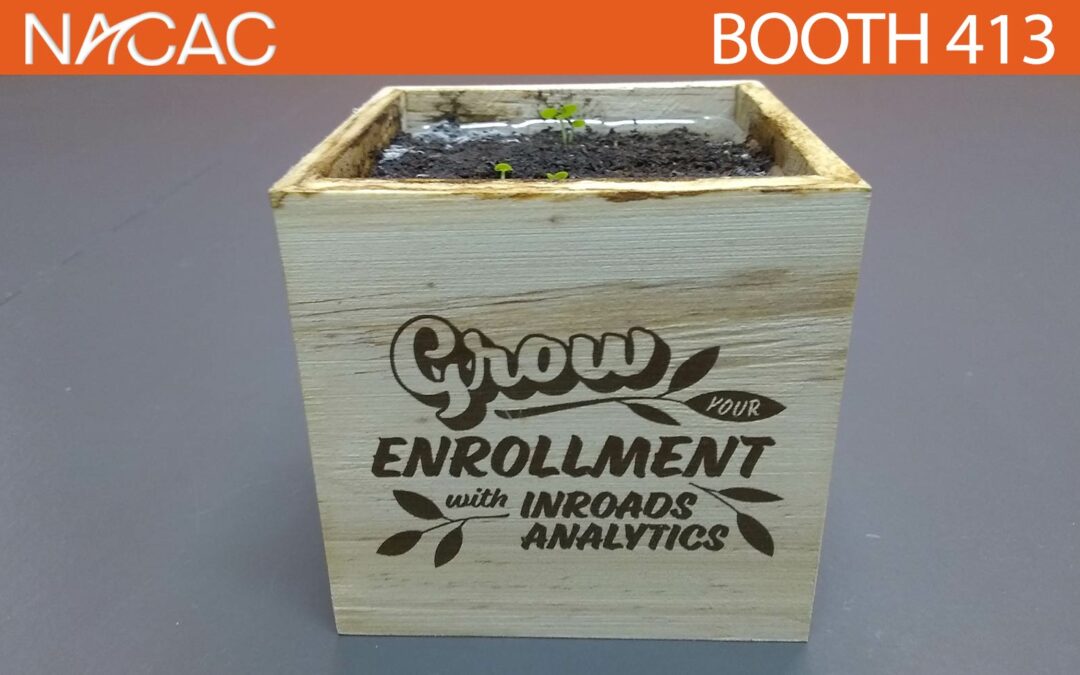
Gerald Stanley – CEO
National Lampoon’s Vacation is one of my favorite movies of all time. Clark Griswold is the epitome of the American middle-class worker who wants to give his family the best, which includes the optimistic and “fun” cross country trek to Wally World. The idea is preposterous and sets the foundation for this well-written and executed movie.
One scene in that movie that I absolutely love is when the Griswolds arrive at Kamp Komfort. During the check-in process the clerk, played by Brian Doyle-Murray, asks Clark to fill out a form. Clark asks “What do you need my address for?” and the clerk responds with, “We like to send out a mailer.”
Bingo!
“We like to send out a mailer” was the honest response to why data needed to be collected. This 1983 classic movie’s simple comedic exchange represents an ethical transaction of data. Conversely, the unethical collection of data and the usage of that data is out of control. In most cases of data collection, we will never know how that data is being used.
A great example of unethical data collection is a simple trick to collect form data in which the form has not been submitted by clicking a button. The consent to use that data has not been relinquished by the user. The legal fine print has you agree to the collection of that data, but no one was there to answer the Clark Griswold question “What do you need my data for?” A simple illustration is a multi-step form. You begin the process and answer several questions, only to bail at the end when it asks for personal information. It’s already too late! That data has been collected.
Why is that a big deal? The retention of the inconspicuously collected data may last for years in a system. It can be linked back to your personal information once you decide to complete a transaction. A simple connection might be that you logged into your social media account OR you filled out a form on another website. Big tech firms such as Google, Facebook, Microsoft, Apple, etc. all thrive on this exact behavior.
How can we possibly get back to the Clark Griswold inquiry? How do we get back to the clerk’s honesty? Well, we can’t. We cannot undo the world we live in from a data collection standpoint without an external factor that intervenes and puts a stop to these practices.
So what can we do? I believe there are four simple processes to ensure that your organization remains in the world of ethical business practices.
- Vetting is an extremely important practice when it comes to selecting your vendors. Having a vendor explicitly define their data practices and processes forces them to own consequences if there is a breach of data integrity.
- Transparency is a must with data ethics. When data is handed over to any process, whether internal or external, understanding what happens to that data and how the results analysis is derived keeps you in the loop on making decisions for how your data is enhanced.
- Purging is a desirable but not always feasible step to data integrity. Removing old data will assert that your organization unhooks from former, perhaps even unethical, data collection methodologies. Purging doesn’t entail completely deleting it all, but it does mean removing it from being analyzed.
- Providing an opt-out provides comfort to end users and furthers a good public perception of your organization.
Ethics is not a new subject, but it is a newer subject in the world of data. We have seen over the past several years how data integrity is being brought to the forefront by governments all over the world. Building your own ethical data processes and practices will make it easier for your organization to adapt to the changes that governments will mandate in the future.
Taking these steps today will prevent you from proverbially arriving at Wally World and punching Marty Moose in the nose because you’ve done your job to prepare. “I hope at least you kids have learned something from this.”
Ping me at gerald@inroads.ai to jumpstart your data strategy!




